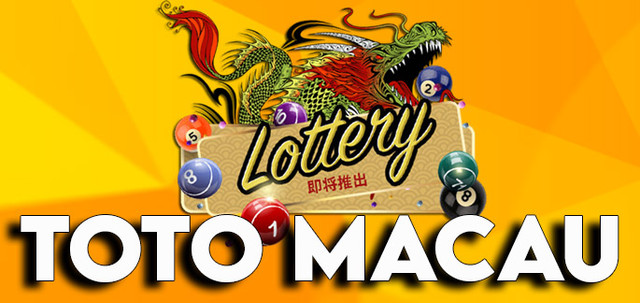Lotteries have long held a special place in the collective human imagination, promising the possibility of turning a meager investment into life-altering riches. These games of chance have a fascinating history that stretches back through the annals of time, captivating people across cultures and generations. The allure of live draw macau lies not only in their potential to bestow sudden wealth but also in the dreams they inspire and the fantasies they evoke.
Rooted in ancient civilizations, the concept of a lottery has evolved significantly over the years. What began as a form of public entertainment and a means to raise funds for civic projects has transformed into a global phenomenon, with modern lotteries boasting staggering jackpots that capture headlines and capture the public’s attention. From the legendary Spanish Christmas Lottery to the iconic Powerball in the United States, these games offer an equal opportunity to all participants, regardless of their background or status.
Lotteries, however, are not without controversy. Critics argue that they exploit the hopes and dreams of vulnerable individuals, often drawing from low-income demographics in the pursuit of tickets. The odds of winning the grand prize are typically astronomically low, which raises ethical questions about the fairness of enticing people to participate. Despite these concerns, lotteries continue to thrive, primarily due to the understanding that purchasing a ticket is not just about winning; it’s also about embracing the excitement of possibility and indulging in a temporary escape from life’s routine.
The psychological and social implications of lotteries are equally intriguing. The prospect of a windfall triggers daydreams of financial freedom, early retirement, and the realization of long-held aspirations. This mental journey can have positive effects on an individual’s mood and outlook, even if the actual odds of winning are minimal. The conversations that arise around huge jackpots can foster a sense of camaraderie and shared experience among people who otherwise might not interact.
